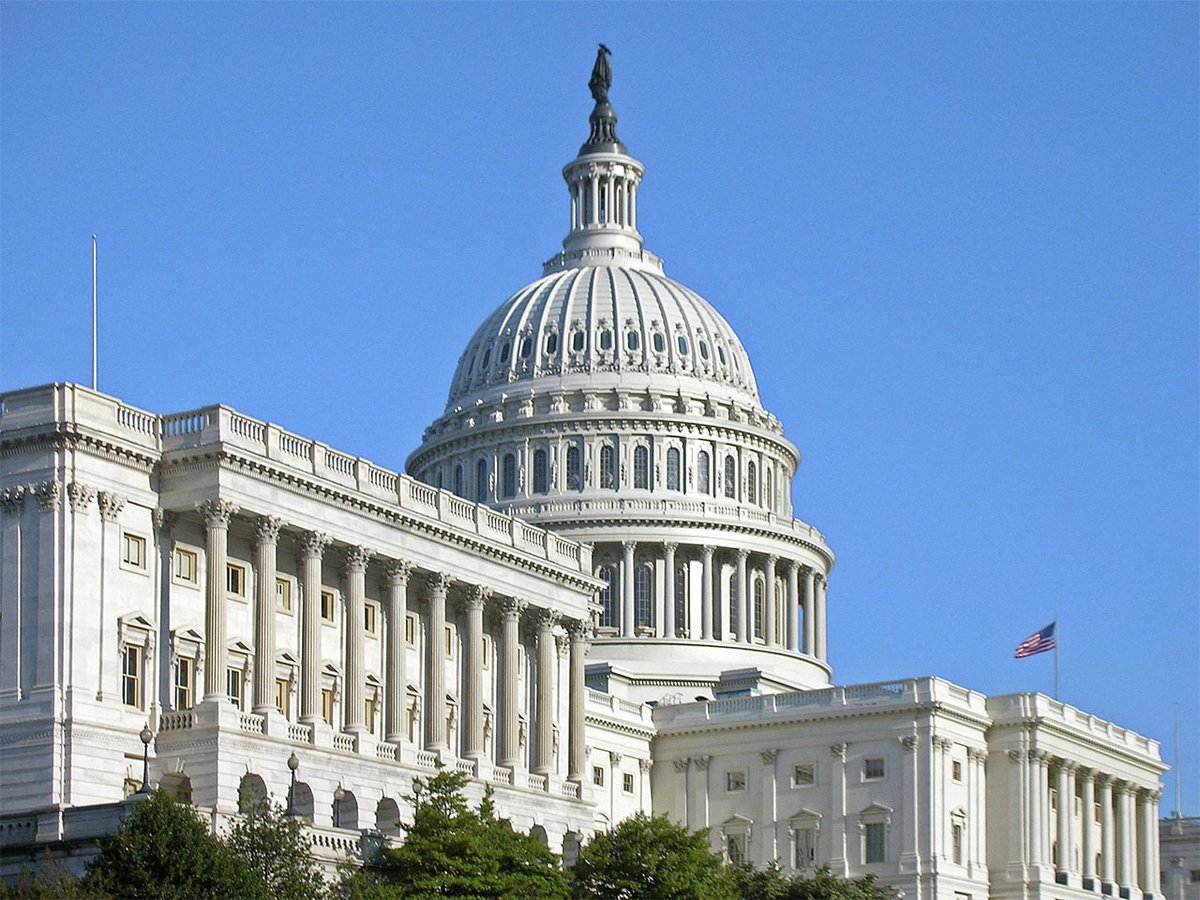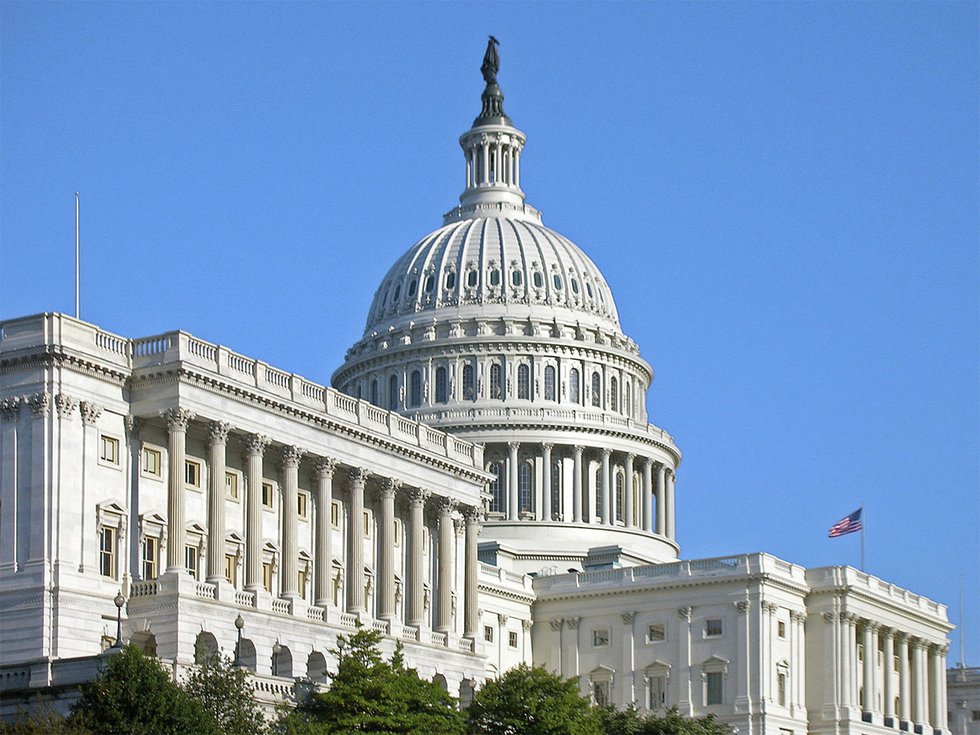Nonprofit organizations “supporting terrorists” could lose their tax-exempt status under a bill now before the U.S. Senate. Opponents say the proposal would enable president-elect Donald Trump’s administration to unilaterally silence critics — including those in the growing nonprofit news sector.
“If they don’t like what you’re printing, they can decide that you’re supporting a terrorist organization — they can argue that the money you’ve gotten from somewhere could be from a terrorist organization,” says U.S. Rep. Mark Pocan, who was one of 183 Democrats who voted against the measure that passed the House of Representatives Thursday. “It’s very, very loose, and could have a chilling effect on free speech, for sure.”
H.R.9495, first introduced in November 2023 as campus protesters demonstrated against Israel’s war in Gaza, waives tax liability for persons unlawfully detained or held hostage abroad. It also would give the secretary of the U.S. Department of the Treasury — whom Trump has not yet nominated — the “unilateral power,” according to the ACLU, to investigate and strip the tax-exempt status of any tax-exempt organization it deems to have provided “material support or resources” to terrorist organizations. Republicans, including U.S. Rep. Jason Smith of Missouri, have argued the federal government has a duty to ensure “taxpayers are not subsidizing terrorism.”
Material support, under federal law, includes such things as financial securities, property, lodging and weapons. Providing material support to terrorist organizations is already illegal under federal law.
The American Civil Liberties Union said in a statement that the bill would give the secretary “unilateral power to investigate and effectively shut down any tax-exempt organization” by stripping tax-exempt status for a “unilateral accusation of wrongdoing.” The ACLU urged the Senate, where Democrats currently hold a 51-49 majority, not to take up the bill before its tentative Dec. 20 adjournment.
Critically for member-supported nonprofit news organizations, a tax-exempt status allows donors to make tax-deductible contributions. The nonprofit model has become increasingly popular for news organizations as legacy, for-profit organizations shutter offices or lay off staff — the Institute for Nonprofit News has grown from 50 member publications in 2011 to 475 in 2024. Numerous media outlets in Wisconsin are nonprofits, including Isthmus.
“For nonprofit news organizations the threat is clear,” Chris Krewson, executive director of Local Independent Online News, said in a letter to its members. “No organization engaged in the critical business of providing local news ought to face this kind of unaccountable power, period.”
The treasury secretary would be required to notify an organization by mail of its intent to designate the group as “terrorist supporting.” The nonprofit would have 90 days to dispute the secretary’s designation and could appeal the dispute to the Internal Revenue Service Independent Office of Appeals or U.S. district courts.
The House passed the bill by a 219-184 vote; one Republican voted no, and 15 Democrats voted yes. All six Republican Wisconsin U.S. representatives voted for the bill, with Democrat Rep. Gwen Moore joining Pocan in voting no.
Pocan says he sees the definition of “supporting a terrorist organization” as overly broad with the potential for abuse by the president-elect. “It would go after the rights of a nonprofit to be a nonprofit,” says Pocan.
Neither Democratic U.S. Sen. Tammy Baldwin nor Republican Sen. Ron Johnson immediately responded to a request for comment.


